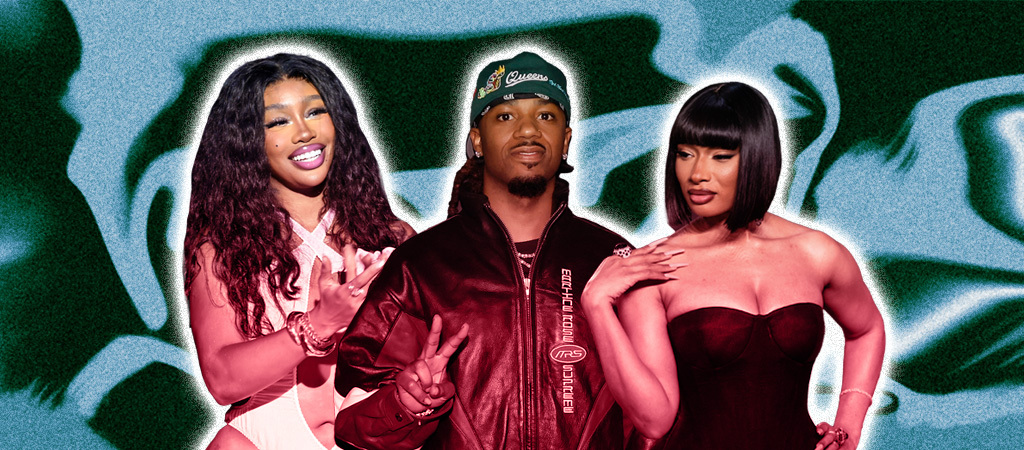
HBCU institutions have a rich music culture. Over the last few decades, its various schools across the country have helped boost the careers of numerous artists by providing a space for their music to thrive. The shortlist of artists who have seen this effect include Jeezy, Lil Boosie, Rich Homie Quan, Migos, Young Thug, Young Dolph, and more. Additionally, the importance of music can be seen through HBCU bands that are extremely important to the fabric of school life. It comes to life through big displays like the annual Battle Of The Bands competitions and smaller instances like the infamous Grambling vs. Southern rivalry football games.
With all this being said, it’s no surprise that HBCUs have also produced some of the music’s most famous artists. From legends like Lionel Richie and Common and present day stars like Megan Thee Stallion, SZA, and Metro Boomin, the spirit of HBCUs runs through a number of artists — even if their tenure at the institution was short.
Ahead of homecoming season, we decided to spotlight ten artists who have connections to an HBCU. Scroll down for the list of artists and the institutions they attended.
Megan The Stallion (Texas Southern University)
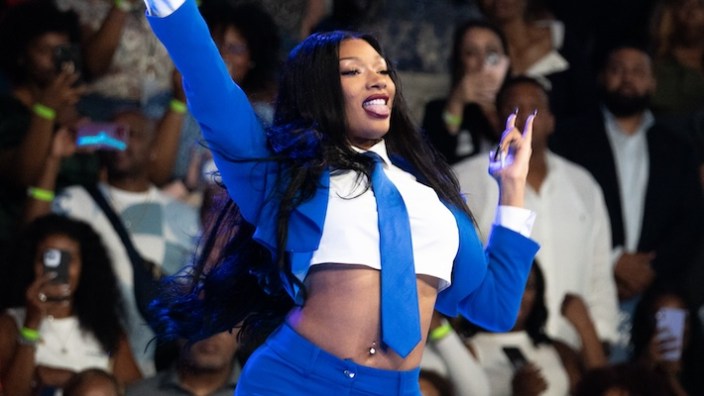
In 2021, the same year that she went No. 1 on the Billboard Hot 100 charts for her “Savage” remix with Beyoncé, Megan Thee Stallion graduated from Texas Southern University with a Bachelor’s degree in Health Administration. During an interview with Rolling Stone in 2021, Megan spoke about being in school “for so long” and how she balanced her rap career after deciding to ramp up her semester load to finish sooner. “Every time I had an assignment or something due, one of my managers would just pull me to the side and be like, ‘Hey Megan, you know you got to do this presentation today.’ Or ‘Hey Megan, you know you got to turn this assignment in today,'” she said. “I would have not been successful this semester without my team.”
SZA (Delaware State University)
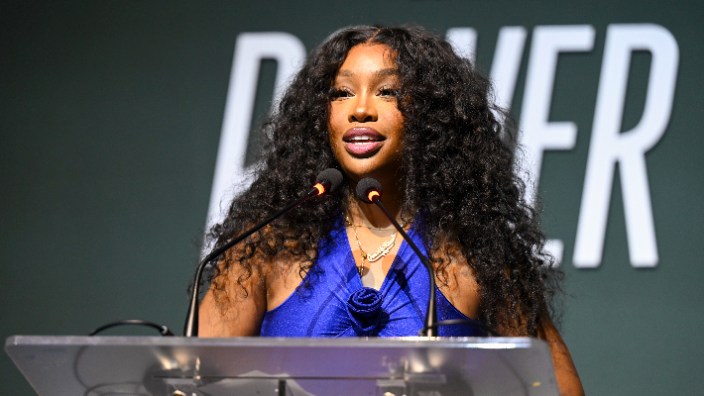
SZA attended Delaware Statue University after graduating from high school in 2008. The singer majored in marine biology and earned straight As for her first two semesters before losing interest. In a 2023 interview with Elle, SZA opened up about her experience in college. “I’m like, ‘I told you I was smart and I proved my point. I have to leave now,’” SZA said, recalling a conversation with her mother. A few years later, the singer met TDE president Terrence “Punch” Henderson Jr., signed to the label, and the rest is history.
Metro Boomin (Morehouse College)
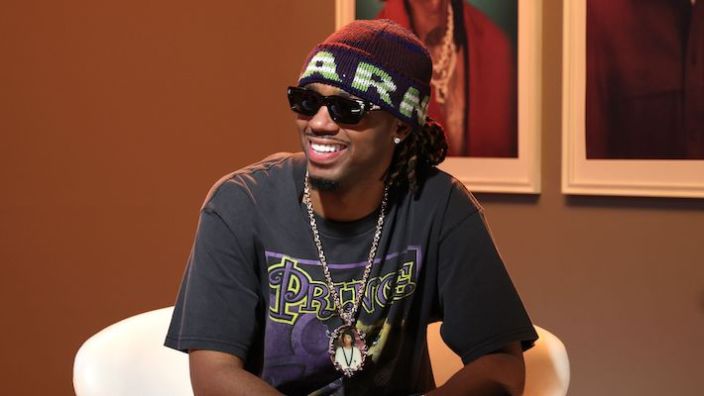
Multi-platinum producer Metro Boomin spent just one semester at Atlanta’s Morehouse College before dropping out to pursue music. He spoke about the decisions that led to him leaving the school during a 2017 interview with GQ. “As grateful as I was to be there, I didn’t want to be there,” he said. “It was bittersweet, because I knew for a fact that I need to put all of my time into music. School is the same as producing: If you want to make it far, there are a million, trillion people trying to do the same thing. If you’re not in over-grind mode, it’s probably not going to work the way that you want it to.”
Rick Ross (Albany State University)
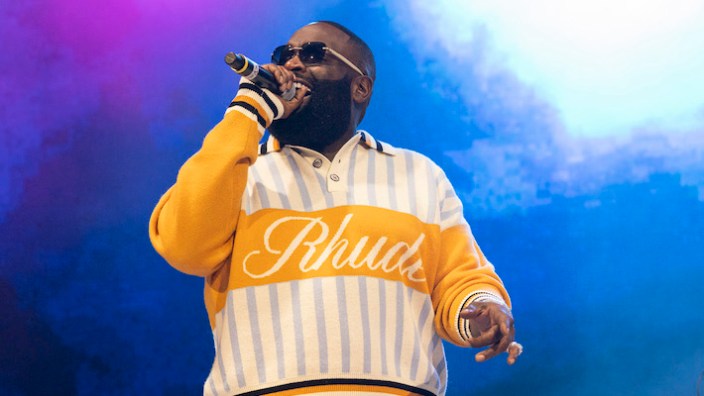
Grammy-nominated rapper Rick Ross attended Albany State University on a football scholarship, but dropped out of school soon after. Ross’ pursuit of a music career kicked into gear at the turn of the century, and in the decades after, Ross’ ties to Albany State University have remained strong. In 2022, he spoke to students at the school for the homecoming convocation ceremony, where he told students that “the greatest job you will ever have is being CEO of your life.”
2 Chainz (Alabama State University)
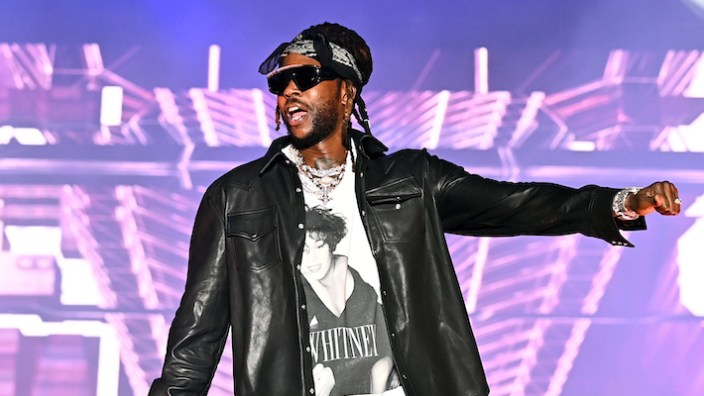
Just like Rick Ross, 2 Chainz also attended an HBCU off an athletic scholarship. His, however, was a basketball scholarship to Alabama State University. In a 2017 interview with The Daily Beast, 2 Chainz said that he left ASU after his freshman year after he “got into some trouble.” He later returned to the school to complete his degree. In another conversation, this time with Rolling Stone, 2 Chainz addressed rumors that he graduated with a 4.0 GPA. “Don’t believe anything on Wack-ipedia,” he said. “There’s a lot of false stuff on there, to the point that every time I try to fix one thing, something else comes out.”
Wale (Virginia State University & Bowie State University)
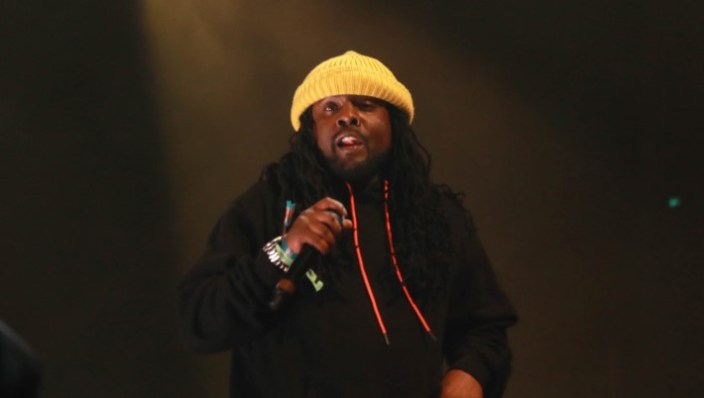
Our collection of HBCU scholarship athletes continues with Wale. The DMV rapper initially attended Robert Morris University on a football scholarship before transferring to Virginia State University. His football career would come to an end when he transferred to another HBCU, Bowie State University, but Wale would later drop out to pursue a music career. It was at VSU that Wale discovered his musical talents. In a 2021 conversation with The Ringer, Wale recalled spitting freestyles art the school’s Foster Hall. “The guy that was across the hall from me in my dorm was like, ‘Keep going, keep going. You tight,’” he said. “People really started f*cking with me at Virginia State.”
Killer Mike (Morehouse College)

Earlier this year, Killer Mike won his first Grammys as a lead artist for Best Rap Album with Michael and Best Rap Performance and Best Rap Song with “Scientists.” Those awards came more than 20 years after Mike won his first Grammy thanks to a feature on Outkast’s “The Whole World.” That song was the result of Mike and Big Boi’s friendship which came about through Mike’s attendance of Morehouse College in the 1990s. “The deciding factor for me getting into Morehouse was probably my homeroom teacher,” Killer Mike told the Seattle Times. “He was a Morehouse man. His name was Mister Lee-Roy Arnold.”
He added, “I think [Mr. Arnold] saw something in me, because he pushed me and messed with me for five years, to the point where he bet me all my book money for the first year that I would not get into Morehouse.”
Common (Florida A&M University)
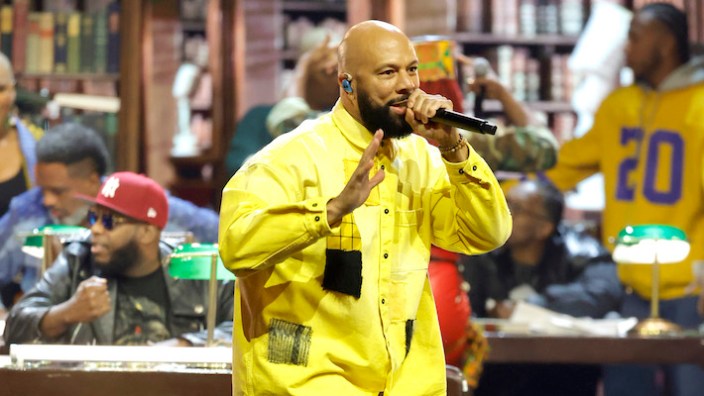
Before Common achieved his dreams of being a successful rapper, the Chicago native was enrolled at Florida A&M University under an academic scholarship as a business administration major. Common would only stay at the school for two years before dropping out to pursue rap. In 2019, nearly 30 years after he attended, Common would be honored with a doctorate degree in fine arts and invited him to speak at that year’s commencement ceremony. In his speech, Common said that his activism, which went on to be ever-present in his music, began right at FAMU where he says his experience was unlike anything he went through in hometown of Chicago.
Erykah Badu (Grambling State University)
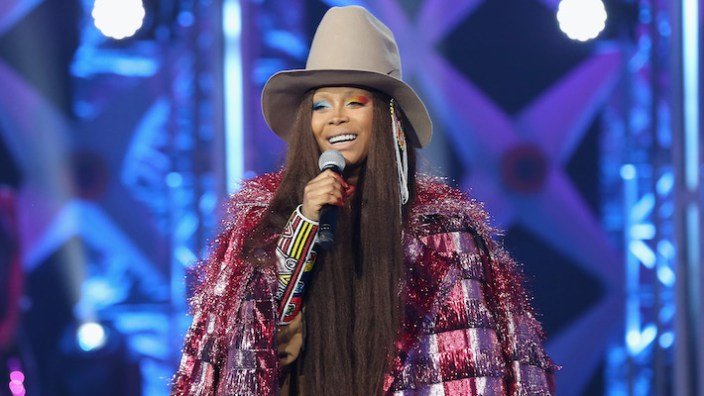
Erykah Badu nearly graduated from Grambling State University with a major in theater, but she left the school in 1993 to focus on her music career. Four years later, she delivered her debut album Baduizm, a masterclass in neo-soul that’s still heralded as a classic today. In an interview with the school’s newspaper The Gramblinite, Badu recalled her time at the university. “I auditioned for several plays while at GSU at the Floyd L. Sandle Theatre,” she said. “I danced with the Orchesis and was involved in a rap group called ‘CP Posse,’ which stands for Cultural Production.”
Lionel Richie (Tuskegee Institute)
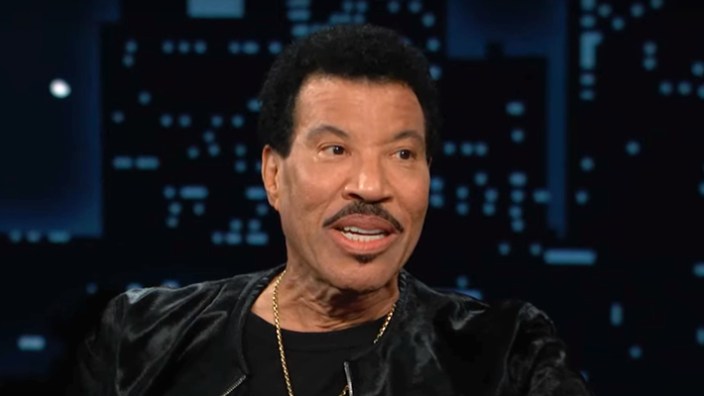
While all the artists on this list did not experience the HBCU life until their adult years, Lionel Richie’s time at an HBCU dates back to his childhood. The legendary singer grew up on Tuskegee Institute’s campus before attending the school and earning a Bachelor’s degree in economics with a minor in accounting. “In my world growing up on campus, we were surrounded by gospel music because of the choir,” Richie said of his experience to The Austin Chronicle. “R&B music was the music they played on the college campus.”
source https://uproxx.com/music/musicians-who-attended-an-hbcu-institution/
Comments
Post a Comment